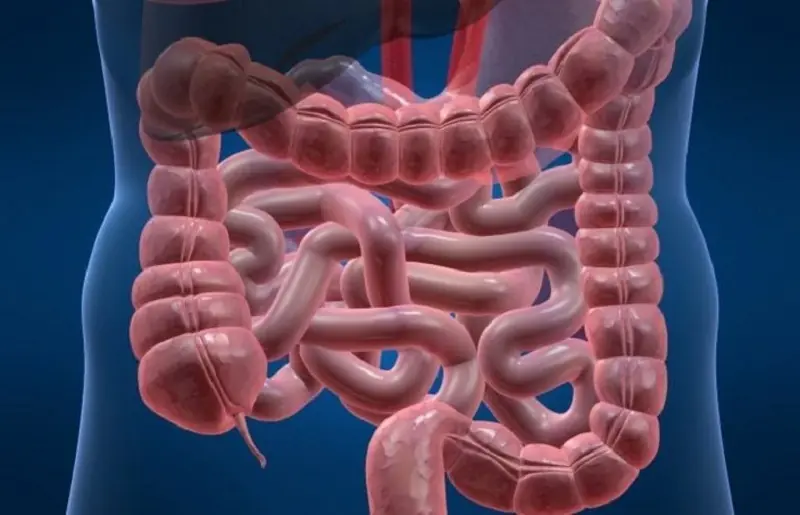
How Water Fasting Can Have Many Benefits
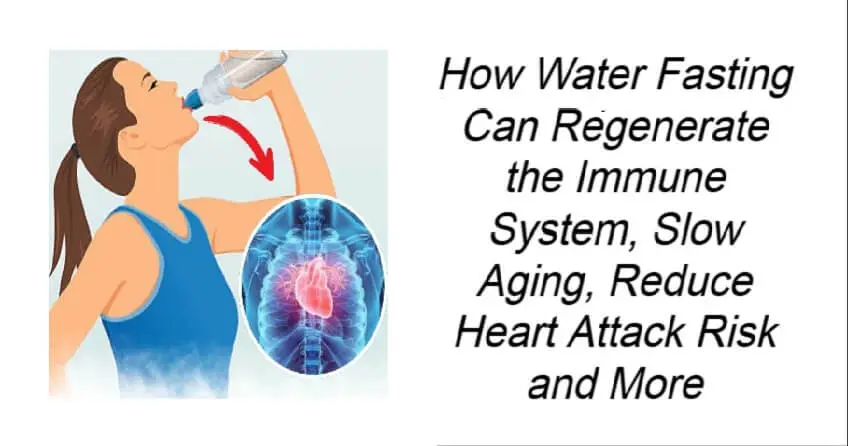
Water fasting—where you consume only water for a specified duration—has been practiced for centuries, both for spiritual and health-related reasons. In recent years, scientific interest has grown, highlighting its potential to promote weight loss, support cellular repair, enhance longevity, and reduce the risk of chronic diseases. While this form of fasting can offer impressive results, it’s essential to understand how to practice it safely and effectively.
What Is Water Fasting?
Water fasting is a type of fast in which you abstain from all food and caloric beverages, consuming only water for a determined length of time. The typical fasting periods range from 24 hours to several days, depending on your goals and experience level.
-
Short-Term Fasts: 24 to 72 hours
-
Extended Fasts: 5 to 7 days or more (should only be done under medical supervision)
While some individuals experiment with adding lemon juice, herbal infusions, or cayenne pepper to their water, pure water fasting, in its strictest form, excludes all additives. The purpose is to give the body a complete digestive rest, allowing natural healing and regenerative processes to take place.
Key Benefits of Water Fasting
1. Weight Loss and Fat Burning
One of the most immediate effects of water fasting is weight loss. During fasting, insulin levels drop and the body begins to burn stored fat for fuel—a metabolic state known as ketosis. This can result in significant fat loss over time, especially when combined with healthy eating between fasts.
2. Autophagy: The Body’s Natural Detox
Autophagy is a crucial biological process that’s triggered by fasting. It involves the breakdown and removal of damaged or dysfunctional cellular components, allowing the body to regenerate new, healthier cells. This mechanism is believed to lower the risk of diseases like cancer, Alzheimer’s, and Parkinson’s.
3. Reduced Inflammation
Chronic inflammation is linked to heart disease, diabetes, and autoimmune disorders. Fasting has been shown in several studies to reduce markers of inflammation, giving the immune system a chance to reset and function more efficiently.
4. Improved Brain Function and Mental Clarity
Fasting may enhance cognitive function by increasing the production of brain-derived neurotrophic factor (BDNF), a protein that supports neuron health, learning, and memory. Many people report improved focus and clarity during a fast, once the initial hunger pangs subside.
5. Heart Health and Blood Pressure Regulation
Water fasting can improve markers of cardiovascular health, including blood pressure, cholesterol levels, and insulin sensitivity. These benefits make it a potentially powerful tool for reducing the risk of heart attack and stroke over time.
6. Potential Longevity and Anti-Aging Effects
Animal studies suggest that intermittent and prolonged fasting may extend lifespan by protecting against oxidative stress and enhancing cellular repair mechanisms. While human studies are ongoing, early findings are promising.
Is Water Fasting Safe?
For many healthy individuals, short-term water fasting (up to 72 hours) is generally considered safe when done correctly. However, it’s not without risks. Some common side effects include:
-
Headaches or light-headedness
-
Fatigue and low energy
-
Difficulty sleeping
-
Mood swings or irritability
-
Muscle loss (with extended fasts)
Longer fasts—those lasting more than three days—can lead to electrolyte imbalances, kidney strain, and other complications. That’s why supervision by a healthcare professional is highly recommended for extended fasts.
Who Should Avoid Water Fasting?
Water fasting is not suitable for everyone. It should be avoided by:
-
Children and adolescents
-
Pregnant or breastfeeding women
-
Individuals with Type 1 diabetes or poorly controlled Type 2 diabetes
-
Those with a history of eating disorders
-
People with chronic health conditions unless cleared by a doctor
-
Individuals on certain medications that require food intake
How to Water Fast Safely
Before the Fast: Prepare Your Body
-
Begin tapering your food intake a day or two beforehand.
-
Eliminate caffeine, alcohol, and processed foods.
-
Focus on nutrient-rich meals—fruits, vegetables, and lean proteins—to strengthen your nutrient reserves.
During the Fast: Stay Hydrated and Rested
-
Drink at least 2–3 liters of pure water daily.
-
Avoid strenuous activities, heavy lifting, or stressful environments.
-
Rest, meditate, and listen to your body’s signals.
After the Fast: Reintroduce Food Gently
-
Start with light options like fresh juices, vegetable broths, or soft fruits.
-
Gradually reintroduce solid foods over the next 1–2 days.
-
Avoid overeating, which can lead to digestive issues or stomach pain.
Tips for a More Successful Water Fast
-
Don’t jump into a long fast—start with intermittent fasting or a short 24-hour fast first.
-
Warm water or non-caffeinated herbal teas (if permitted) can help soothe hunger pangs.
-
Use the fast as a time for rest, reflection, and mindfulness.
-
If you experience dizziness, intense fatigue, or feel unwell—stop the fast and consult a professional.
Final Thoughts: A Tool, Not a Cure-All
Water fasting can be a powerful tool to support weight loss, boost cellular repair, reduce inflammation, and promote long-term wellness. However, it is not a miracle cure—and it’s not safe or suitable for everyone. As with any health practice, it should be approached with knowledge, preparation, and respect for your body’s limits.
If you’re considering fasting beyond a day or two, or if you have underlying health conditions, consult your doctor first. With proper guidance and care, water fasting can become a transformative part of your wellness journey.
Remember: The absence of food doesn’t mean the absence of caution. Fast wisely.
News in the same category


From age 65, how often should you shower (and why over-washing can be harmful to your health)

What’s the Secret to Becoming a Super-Ager?

Coffee, Cookies, and Cheese Recalled From Major Retailers in Multiple States
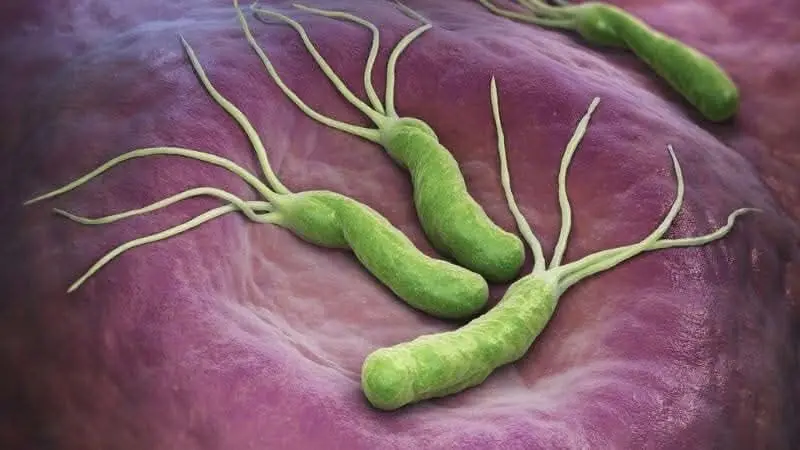
H. Pylori Fears These 5 Foods the Most — Eat Them to Protect Your Stomach

Woman Unveils 5 Colon Cancer Symptoms You Must Never Ignore
Colon cancer is often called the “silent disease” because its warning signs are easy to dismiss. One Texas mother, Radwah Oda, is now sharing her painful journey in hopes of saving others from making the same mistake.
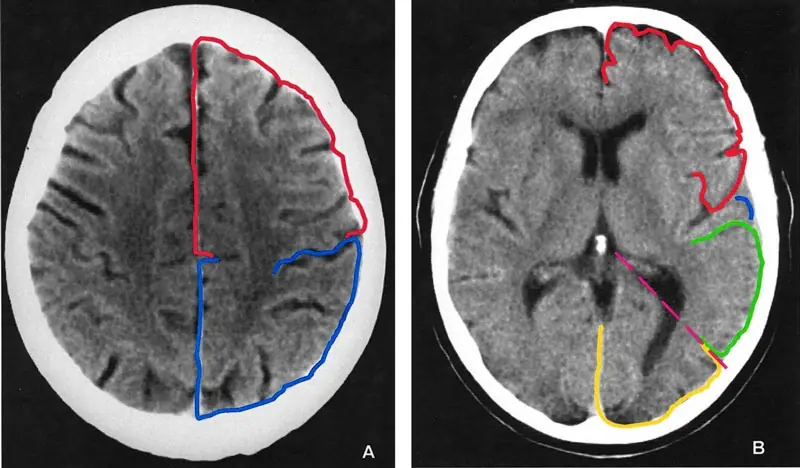
The Silent Killer" That Causes Brain Shrinkage — Yet Parents Still Feed It to Their Children Daily

Mother and Child D:ie From Liver Cancer — Doctors Reveal 3 Ingredients That Should Never Go Into Porridge
The story of the mother and child stands as a haunting reminder that the smallest choices in the kitchen can carry lifelong consequences.

Proven Health Benefits of Walnuts, How Many to Eat, and More (Science Based)

The Most Dangerous Foods: Unpacking the Risks of Processed Meat

Synthetic Dyes Are Out: Skittles, M&M’s, and More Go Natural by 2026

Vaseline and Egg White Face Mask: The Ultimate Anti-Aging Remedy to Look 10 Years Younger
Whether you’re looking to reduce wrinkles, lighten dark spots, or prevent acne, this mask offers a wide range of benefits that will transform your skin.

15 Honest Phrases You’ll Never Hear From a True Narcissist
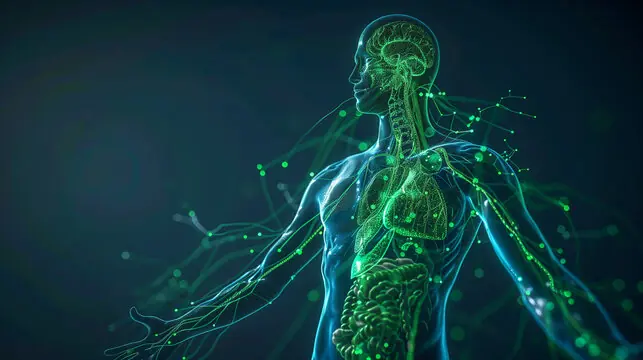
Three-Day Lymphatic Cleanse To Keep You Healthy All Year Long

5-Year-Old Loses Battle With Cancer — Doctors Reveal 5 Foods Parents Must Never Give Their Children
The heartbreaking loss of a 5-year-old child to late-stage cancer has sparked a powerful warning from health experts. Doctors now stress that nutrition plays a far bigger role in preventing chronic diseases than many parents realize.
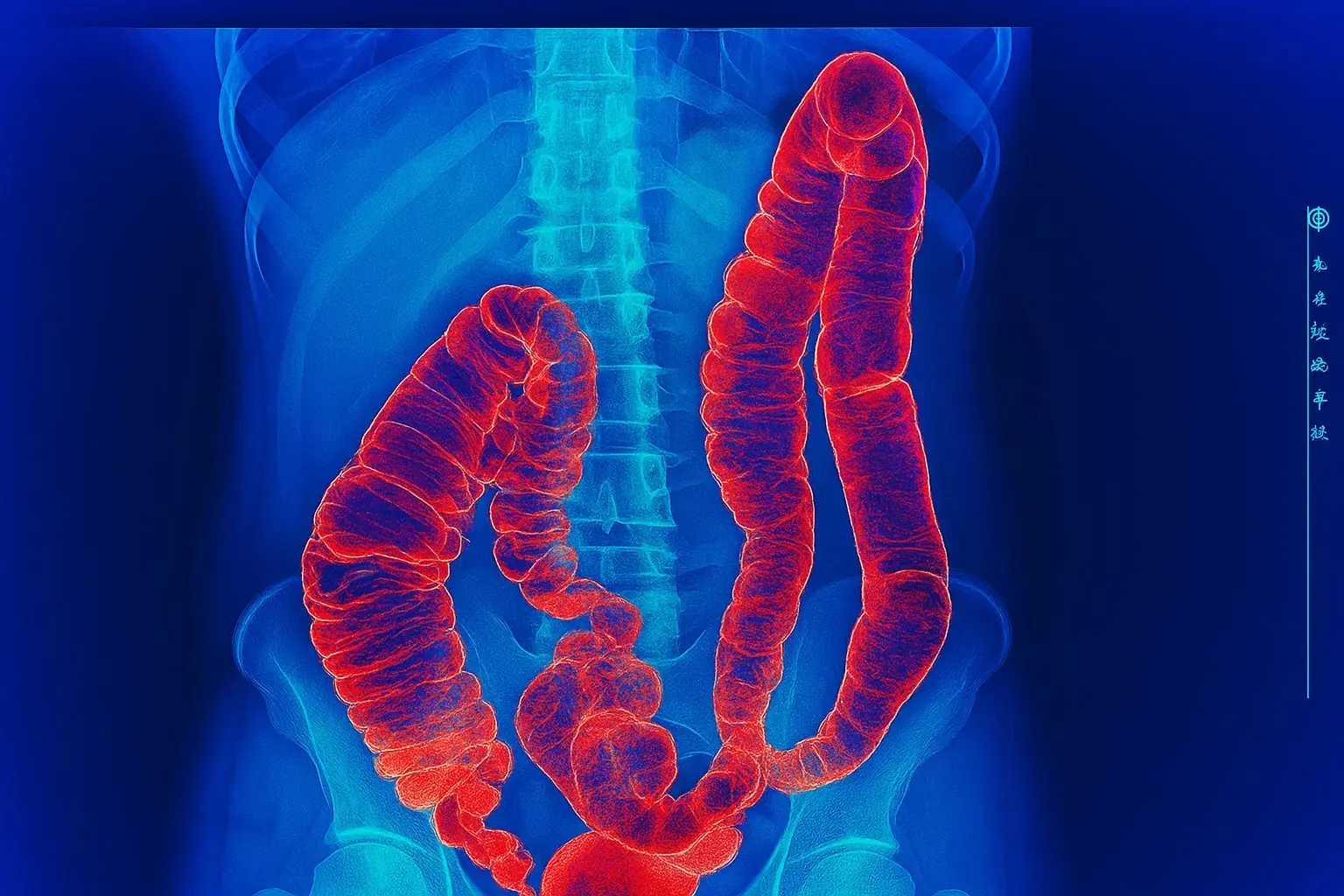
Toxic Megacolon From Severe Constipation — What Causes It and How To Prevent It
Constipation may seem like nothing more than an uncomfortable inconvenience, but ignoring it for too long can put your health at serious risk. In extreme cases, chronic constipation can progress into a life-threatening condition known as toxic megacolon,

Stage 4 Cancer Woman Issues Urgent Warning: Don’t Ignore These Subtle Signs
A mother of two ignored what seemed like minor health issues, only to learn they were signs of stage 4 bowel cancer. Now, she’s warning others not to make the same mistake.

The surprising truth about eating eggs every day
News Post

lacing these 3 things on top of the fridge will cause wealth to disappear, no matter how much you have.

Buying bananas: Wise people turn away when they see these 3 types, while foolish ones grab them just because they’re cheap

Don’t soak frozen meat in plain water. According to chefs, there’s a way to defrost it in just 5 minutes while keeping it delicious.

Water heaters have a hidden 'switch.' Any household that knows how to open it can use it for 10 years without worrying about damage or high electricity bills

Mix white salt with fabric softener, solve many household problems, and save a lot of money.

Apply this on a knife, and no matter how dull it is, it will become razor-sharp and shiny, without needing a whetstone.

Inside the washing machine, there’s a ‘small box’ with an incredibly powerful function: Not knowing how to use it is such a waste.

Why Some Women Lose Their Desire: 4 Avenues to Explore

Why should you keep some money behind your phone case?

If You Have Colon Polyps, These 4 Signs While Using the Toilet May Appear – See a Doctor Before It’s Too Late

From age 65, how often should you shower (and why over-washing can be harmful to your health)

What’s the Secret to Becoming a Super-Ager?

Coffee, Cookies, and Cheese Recalled From Major Retailers in Multiple States

H. Pylori Fears These 5 Foods the Most — Eat Them to Protect Your Stomach

Woman Unveils 5 Colon Cancer Symptoms You Must Never Ignore
Colon cancer is often called the “silent disease” because its warning signs are easy to dismiss. One Texas mother, Radwah Oda, is now sharing her painful journey in hopes of saving others from making the same mistake.

The Silent Killer" That Causes Brain Shrinkage — Yet Parents Still Feed It to Their Children Daily

Mother and Child D:ie From Liver Cancer — Doctors Reveal 3 Ingredients That Should Never Go Into Porridge
The story of the mother and child stands as a haunting reminder that the smallest choices in the kitchen can carry lifelong consequences.

Proven Health Benefits of Walnuts, How Many to Eat, and More (Science Based)

The Most Dangerous Foods: Unpacking the Risks of Processed Meat
